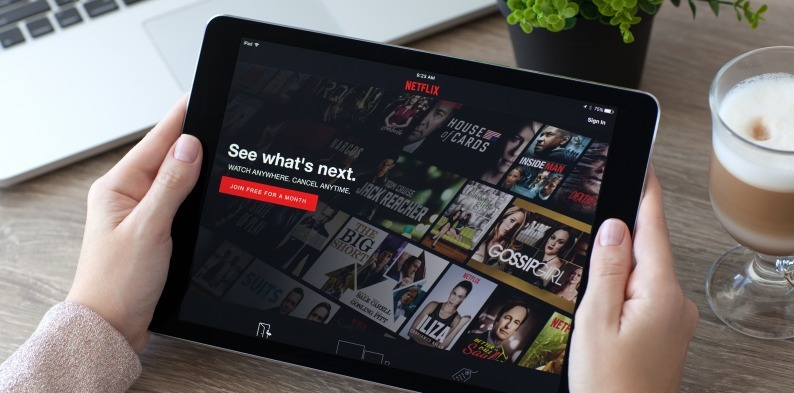Netflix has become all but ubiquitous these days. Every stranger you pass on your daily work commute is more likely than not to be a Netflix customer. And not just in the United States anymore. Since implementing a brand new global expansion strategy, Netflix’s streaming service has grown globally and managed to surpass the 100 million subscriber mark.
But Netflix is a demanding service. Streaming Netflix on your phone can use as much as 1GB of data per hour, and if you’re streaming in high definition, that number usually triples. On a solid Wi-Fi connection this is never much of a problem, but if you’re using the data on your phone, you could easily blow through your entire plan in a few hours or less. Even unlimited plans are not safe from data caps because of fair usage policies.
Fair usage: what it is and how it works
First, let’s define fair usage. Both regular Internet services and cellular data services are subject to fair usage policies. As a general rule, mobile data is the more heavily restricted of the two. So even if your phone’s plan supplies unlimited data, you can still get a stern talking to from your phone company, or your connection speeds may also be penalized.
The idea behind fair usage policies is easy enough to understand. When you sign up for a data plan, your particular data is not created out of thin air. You are sharing a network connection with everyone else who goes through your carrier, and just like in the olden days when your siblings using the landline phone could kill your computer’s dial-up internet connection, so to can other people’s data activities adversely affect your connection quality (or vice versa).
Every company’s fair usage policy is slightly different in data limits and consequences. If you go over your usage limit, some companies will only slow your speeds for the remainder of the day, others might cut you off entirely until your next billing cycle (or send you a huge bill) so it’s always important to read the fine print in your contract so you know just what it is you may be signing up for.
Global data and fair usage policies
If you’re traveling abroad, sometimes things can get a little confusing. Many people enjoy swapping their SIM cards for a global SIM from a company like BNESIM. This allows their cell phones to use data all over the world. But it’s important to note that companies providing global data are going through the foreign telecommunications companies (So you are essentially roaming constantly, even if you are not being charged roaming fees). This makes your data usage susceptible to the limits imposed by whichever carrier you’re using at a given time. So even if you purchase an unlimited global plan, heavy data use can lead to your download speeds being throttled, which can be startling for many people.
Sometimes companies try to assuage this nasty surprise. For example, BNESIM’s unlimited packages in Europe and Asia allow you to purchase a certain amount of guaranteed data before placing the remainder of the unlimited data access on a slower download speed.
How to avoid data overuse all together
If you know the situations that tend to eat up data, most people can easily avoid coming anywhere close to fair usage policy limits. First off, some cable companies or cell service providers only keep tabs on data use during certain times of the day. So if you happen to know which carrier you’re going through at a given time, it may be worth looking up their exact rules to see if you can get away with more data use simply by aiming for the right time of day.
Next, keep an eye on how you’re using your data. Searching Google and streaming music are not fast ways to eat up all your unlimited data. Streaming video through a service like Netflix is. But that doesn’t mean that you have to forgo keeping up with Stranger Things just because you’re on a month-long trip to Europe. That’s where downloading can save you some serious grief.
Downloading and Netflix
So we’ve finally gotten to the crux of the discussion. How can you watch Netflix without upsetting your unlimited data plan provider? The answer is simple. Watch Netflix offline. Many of the shows available for streaming are also available for download. Downloading Netflix’s programming while you’re hooked up to a Wi-Fi connection will ensure you can watch them later data-free, eliminating that scary 3GB per hour number mentioned earlier. The data companies searching for fair usage offenders won’t even notice you, and your download speeds will remain as fast as ever.

